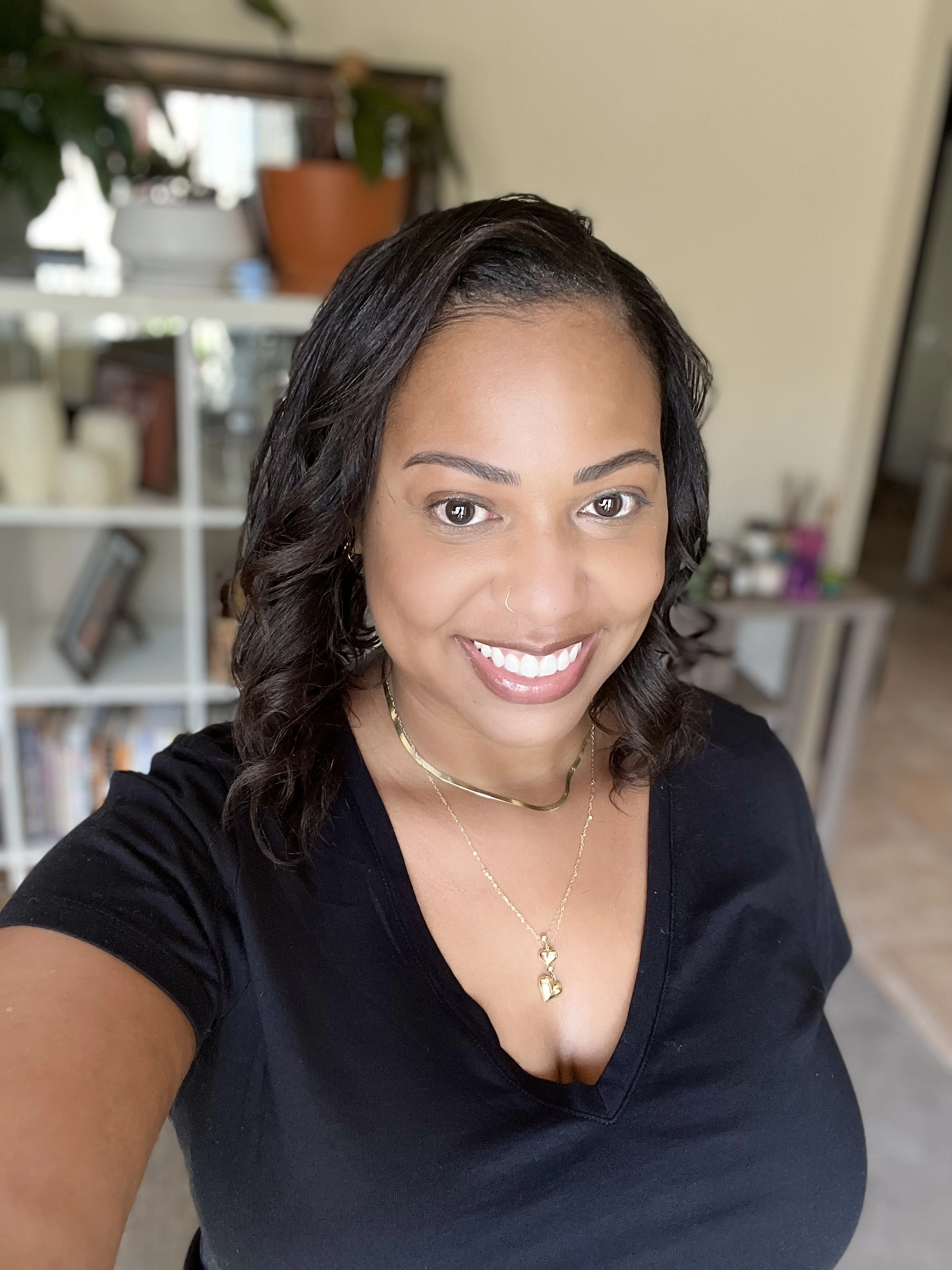I felt ok after the appointment but today I remembered we didn’t talk about the problems I have keeping a job.
He only mentioned work once to ask if can comfortably discuss work in a work context and I said that would be fine. But I was only thinking about discussing a programming algorithm or something with no conflicts. I’ve actually had lots of trouble with conflicts at work, or getting upset and walking out of jobs. I’ve only had one job I kept more than a few months.
Also he didn’t ask anything about living independently. It feels like we spent the whole session talking about socializing.
I’m worried he’s going to think I don’t have any problems in my life apart from socializing and that’s not important enough for a diagnosis and I won’t be able to access any support.
Is it normal to feel like this the day after?
There’s a good chance they didn’t need that information. I met a girl through a support group for adults with autism. She was recently diagnosed as was I, so we were sharing our experiences. Her story had me cracking up! Her evaluator knew she was autistic before the evaluation started. She showed up with tons of legit academic research articles, results from online assessments (including ones where she tried to pass at NT but still popped for autism), and expectations for the process. During the assessment, the evaluator cut it shorter than expected, the implication was that they were 100% convinced she was autistic without needing to go further. At the end, the girl kept asking them for the results, but the evaluator couldn’t provide them immediately. Instead, the evaluator kept hinting that she was autistic, but the girl continued to insist on a direct yes/no answer. That story was a riot. We were both laughing our asses off.
The point is that a lot of the information they need isn’t details about your history, but instead, how you present. How was your communication, body language, etc. If they didn’t ask about it, then it was probably fine. Also, if you’re autistic, then you’re more than likely not going to pass as NT with an expert on autism evaluations. They do this 5 days a week for years. They know what to look for.
Did you complete any forms before the assessment? I had to complete a few forms before assessment which asked me questions based on the diagnostic criteria which then went towards the psychiatrist’s final evaluation. Assessment styles seem to vary wildly between services and counties, though.
To answer your question more directly, though, yes, I thought of loads of things I forgot to mention in assessment afterwards. But then I was given my diagnosis at the end of the assessment so it sounds like your psychiatrist deals with things differently, at least in that example.
If I can give you some advice, I’d suggest you put it out of your mind for now until you get the result and if you do not agree with the result, appeal with the extra information (if you can). It would be a good idea to start a log of supporting information when you remember it, as well. Keep it somewhere handy, like a small notebook you keep on your pocket or a notes app on your phone. I think that’s good advice for everyone going into an assessment.
deleted by creator
Great, I’m glad it was. Hopefully you can find a family member who helps prove your case because mine sure didn’t.
I haven’t had an assessment, but I’ve left therapy appointments feeling the same way. I try sometimes to write things down when I remember them afterwards so I can bring them to the next appointment, but other times I’m out of energy and can’t.
I suspect it’s quite normal to feel this way, and I hope you get the assessment results you’re hoping for!
It definitely did happen to me as well! But yeah, the evaluator keyed in on a few things that I wasn’t actually expecting them to. There are things you didn’t communicate, but intended to, and things you didn’t intend to communicate but probably did anyway.
In general, the “waiting period” was anxiety-producing for me. Just trying to not think about it was the best remedy!
Just wait until you get to all the things you had no idea you did until after specifically being called out in the assessment lol.
It’s no biggie though. I think a good assessor will have been able to gather enough information about you from what you did remember to bring up. My doctor let me know it was okay to email him if I thought of anything else because people often forget some things.
After every important social interaction I think for hours about the things I didn’t say but should have and especially the things I shouldn’t have said but did. I thinkt it’s normal for many of us.




